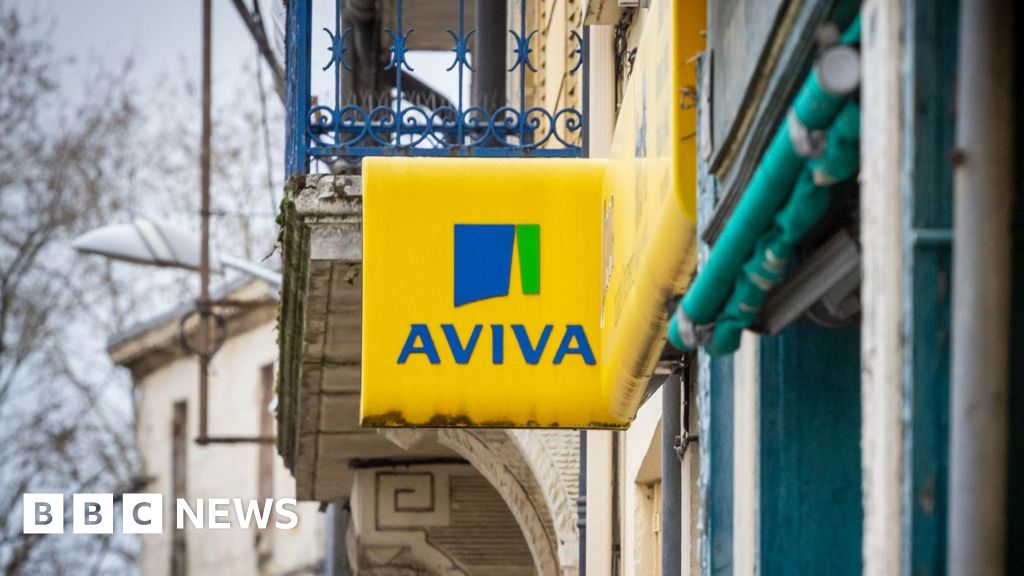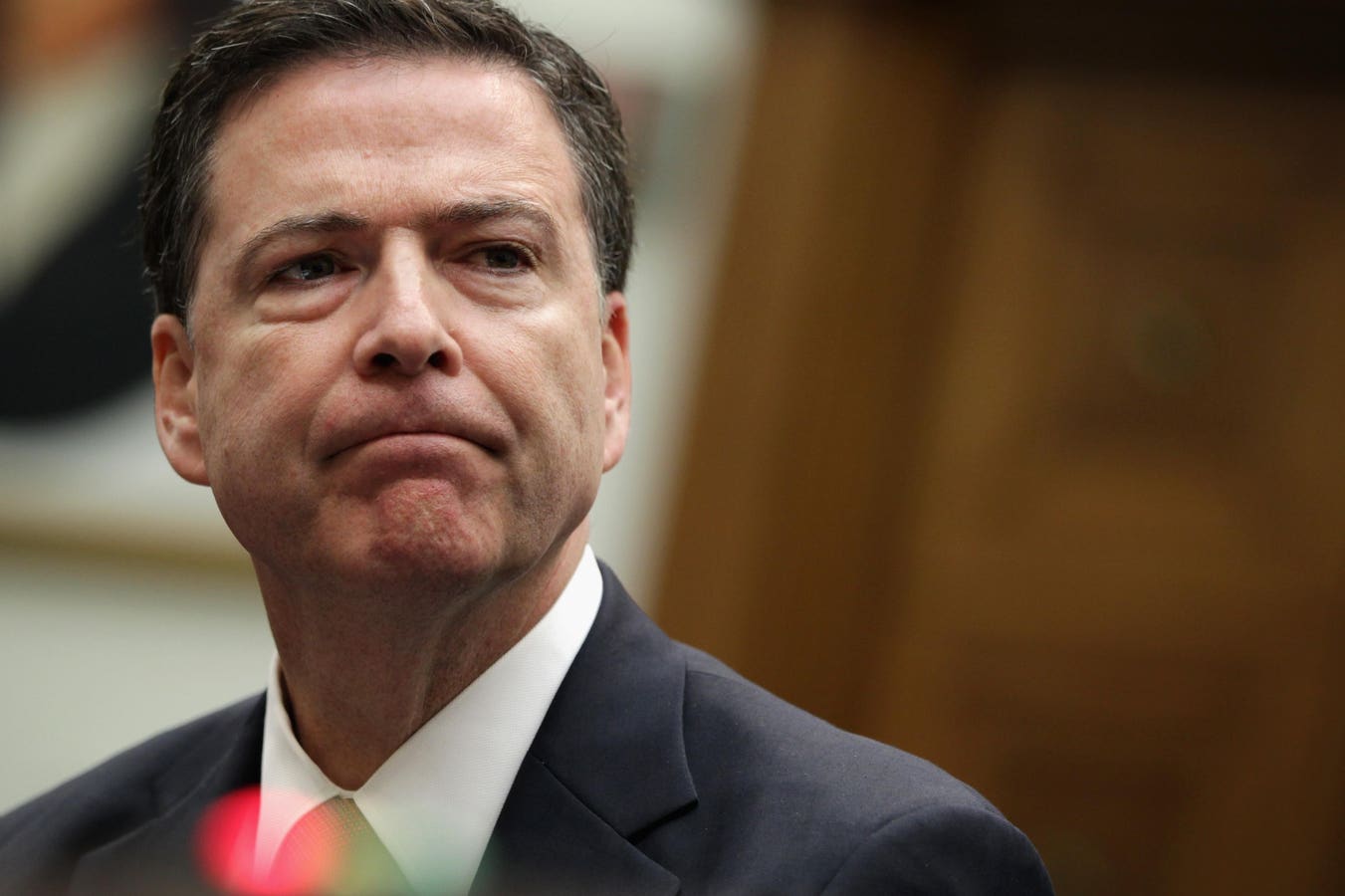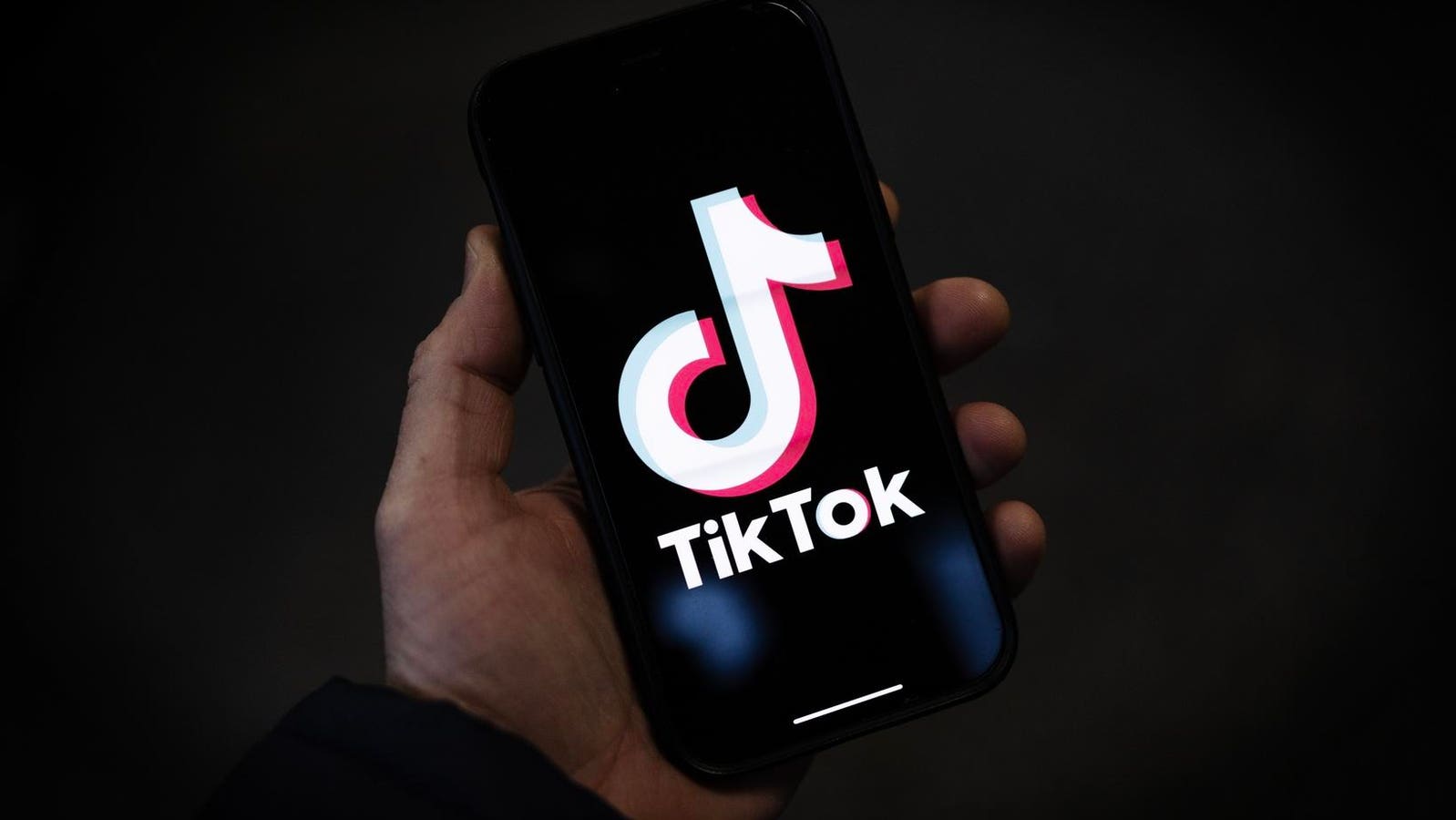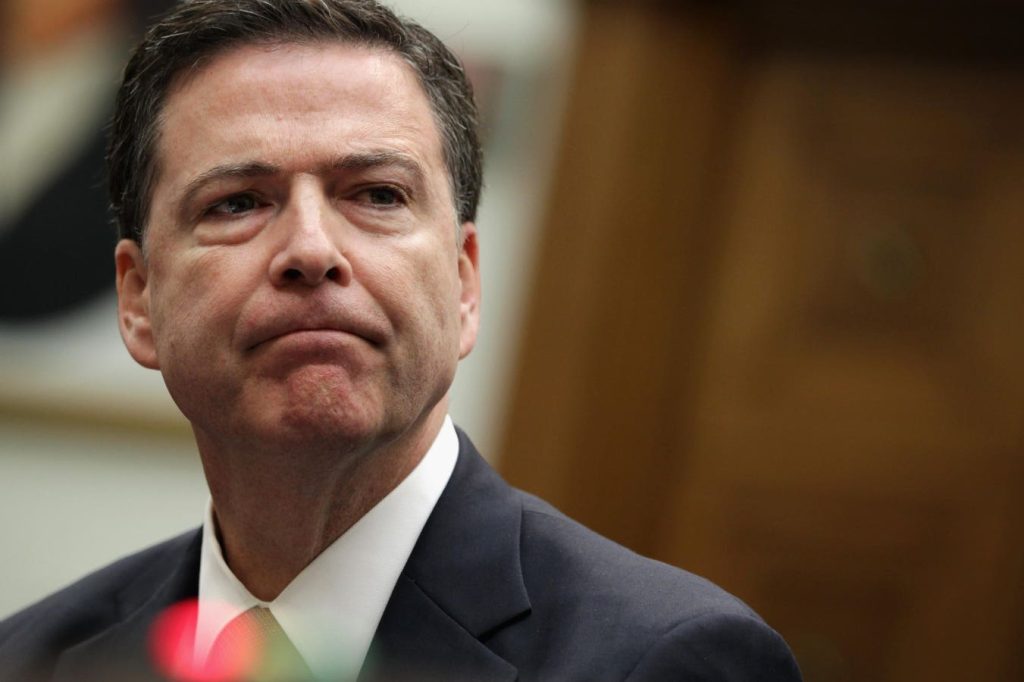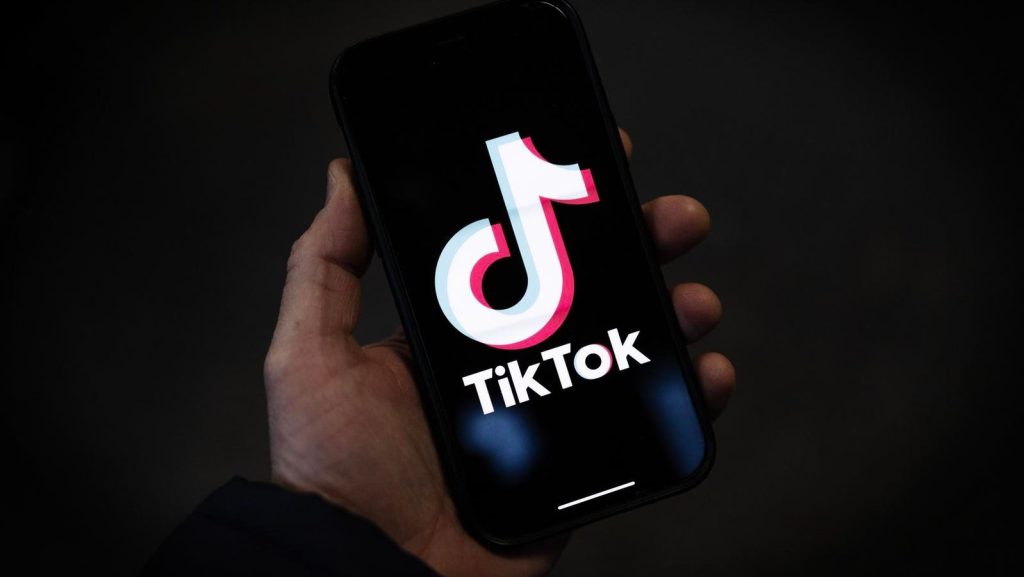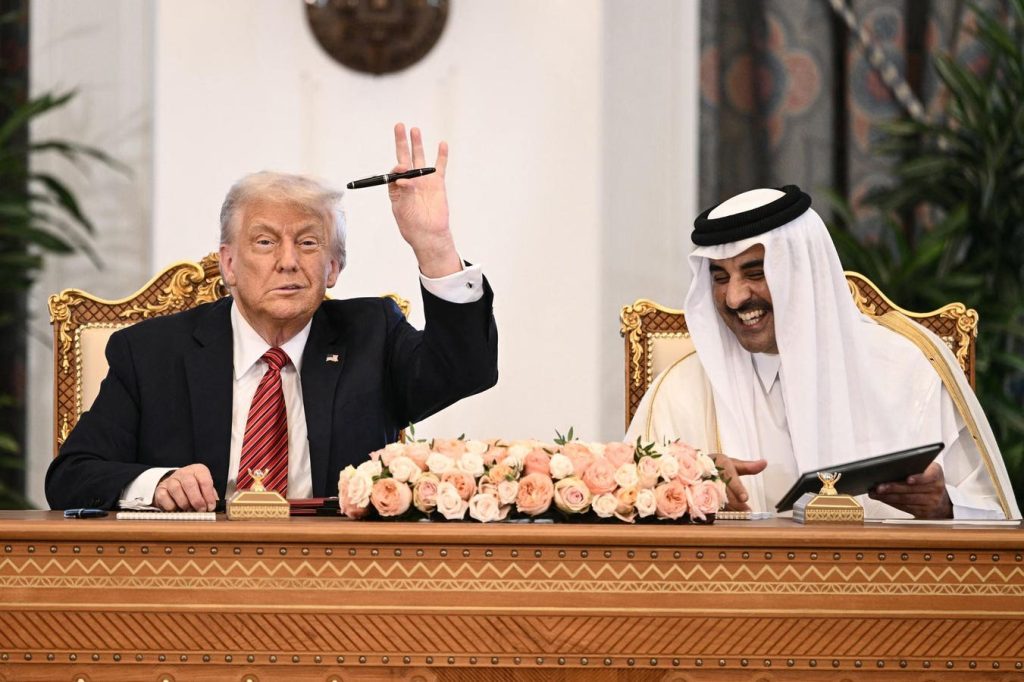Topline
Airline bookings took a nosedive in the days immediately following President Trump’s April 2 tariffs announcement, suggesting that the administration’s import taxes had a dramatic, instant impact on discretionary spending.
News of President Trump’s tariffs had an immediate negative impact on airline bookings.
Key Facts
Bookings at major U.S. airlines dropped by nearly 6% in the four days immediately following the Trump administration’s Liberation Day tariff announcement, according to an analysis of over 110 million anonymized credit and debit cards by Consumer Edge, a provider of consumer spending data.
The company’s indexed airline bookings data from major U.S. airlines shows a sharper drop-off for the “big four” carriers (American, Delta, Southwest, United).
Delta Air Lines, the most profitable U.S. carrier, withdrew its financial guidance for the year Wednesday, citing “broad macro uncertainty” due to decreased domestic travel demand and the turbulence caused by President Trump’s tariffs.
Frontier Airlines, an ultra-low-cost carrier, became the second major U.S. airline to cut its full-year guidance in a regulatory filing Thursday, citing the “uncertain environment” and a drop in consumer confidence.
The Dow Jones U.S. Airline Index is down 32% since the start of the year.
Key Background
The airline industry’s early predictions for a strong year of travel demand are being scrapped in real time as American consumers pull back on unnecessary expenses in the wake of across-the-board, double-digit tariff announcements. The data from Consumer Edge shows how the tariff war is having a direct, negative impact on discretionary spending. “There’s a notable shift down in bookings growth immediately following the announcement,” Michael Gunther, VP and head of insights at Consumer Edge, told Forbes. “It’s reasonable to assume it was related to the tariff announcement and the uncertainty it introduced.” But Gunther was quick to point out that the economy was showing signs of stress even before the tariffs announcement. “We saw spending growth slowing down across the board in January and February, before any of this happened, in many discretionary categories—apparel, accessories, footwear, beauty, luxury, things like that—so it’s not as if things were really surging before. It was a weakening environment to begin with.” These findings align with research from Bloomberg Second Measure, whose data revealed that U.S. consumer spending on air travel and hotels dropped 10% and 6% in February year over year, respectively.
Credit card spending data shows a sharp downward inflection point when the Trump administration’s … More import taxes were announced.
Why Is Airline Spending A Better Indicator Of Consumer Sentiment Than Hotel Spending?
“We get a clearer read from airlines because we’re seeing exactly when credit and debit cards are charged,” Gunther explained. “If you book an airline ticket today, your credit card statement is going to show a transaction date of today.” Comparatively, hotel spending is less clean because the spending data is split between those travelers who pay upfront at the time of booking and those who pay at the end of their stay. “The good thing about the airline data is it’s actually reflecting intention, and it’s a much better real-time view of how people feel,” Gunther said.
Crucial Quote
“We’ve been hearing a lot of anecdotes about panic buying and things like that,” Gunther said. “And now we see some of the anecdotes confirmed with hard, actual spending data.”
What We Don’t Know
Whether this decline has a longer tail. “It’s going to be interesting to see whether or not any of Wednesday’s announcements end up stabilizing this trend a little bit, and whether folks who deferred booking decide, ‘Okay, I’m ready to do it now’ but we’ll be watching the data closely in the weeks ahead to see if that happens,” Gunther said.
Further Reading
Americans Are Pulling Back On Travel Spending In 2025, New Data Shows (Forbes)
China Raises US Tariffs To 125%—Xi Urges EU To Back Beijing’s Pushback Against ‘Unilateral Bullying’ (Forbes)


